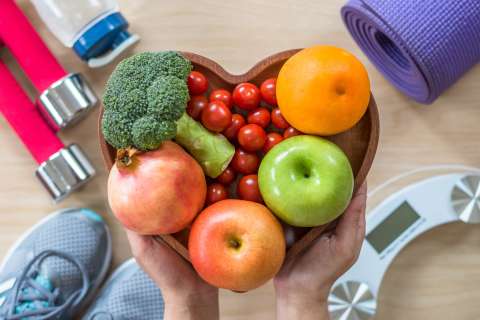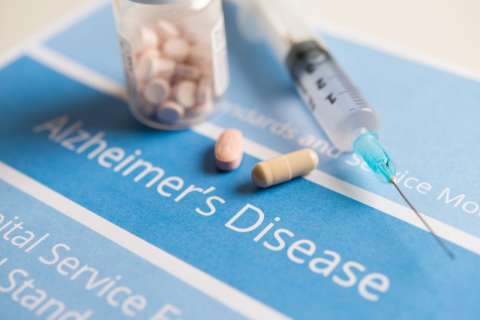Hello, dear readers, and welcome back to the monthly letters column. Even with autumn on the horizon, we will once again urge everyone to please take the risk of heat-related illness seriously. It’s all too easy to pass the tipping point from being overheated to developing heat exhaustion. And that brings us to our first letter.
A reader in Arizona, who ran into trouble on a hike, wonders if his experience with heat-related illness is typical. “I know now that what happened to me when we went hiking on the Fourth of July was heat exhaustion,” he wrote. “I was able to get home, have water and cool off, but it took almost the whole weekend to feel completely OK again. Is this normal?”
The length of time it can take to fully recover from heat exhaustion depends on the severity of the episode and the length of time that you experience it. Typical recovery time is 24 to 48 hours. But if you were close to experiencing heat stroke, it can take longer for the body to recover. Additional factors include being older, carrying extra weight or having underlying health conditions. With warmer temperatures becoming the new normal across the globe, we think it is important to know how to recognize the symptoms associated with the onset of heat-related illness.
- We recently wrote about creatine, a compound found mainly in the muscles. It is present in red meat, seafood and some dairy. Because creatine helps make energy available to the muscles, it has become a popular supplement. A reader in California wondered if she should keep track of creatine in her diet. “I am always considering my blood pressure and blood glucose levels in reference to food. Does creatine affect either?” she wrote. “I am 68 years old, I exercise about 250 minutes per week, and I eat a little red meat, some fish and much chicken.” Unless someone is living with kidney disease, the creatine in a balanced diet should not have an adverse effect on blood pressure or blood sugar management. It’s when people misuse creatine supplements that problems can arise. And a big congratulations on your 250 minutes of exercise per week, which helps keep both blood sugar and blood pressure in healthful limits.
- Sunscreen is the subject of several recent letters, including this one: “The sunscreen aisle in the drug store is confusing,” a reader wrote. “What’s better: chemical or mineral?” Both forms of sunscreen block the harmful rays of the sun, they just do it differently. Mineral sunscreens form a physical barrier that reflects the sun’s rays. Chemical sunscreens convert the UV rays to heat and release them. Each is effective, so it’s a personal choice. Look for brands that protect against both UVA and UVB rays, pay attention to the SPF ratings, and be sure to apply -- and reapply -- according to directions.
Thank you, again, for taking the time to write to us -- we love hearing from you. We have had a bumper crop of mail and will be back with a bonus letters column next week.
(Send your questions to [email protected], or write: Ask the Doctors, c/o UCLA Health Sciences Media Relations, 10960 Wilshire Blvd., Suite 1955, Los Angeles, CA, 90024. Owing to the volume of mail, personal replies cannot be provided.)





